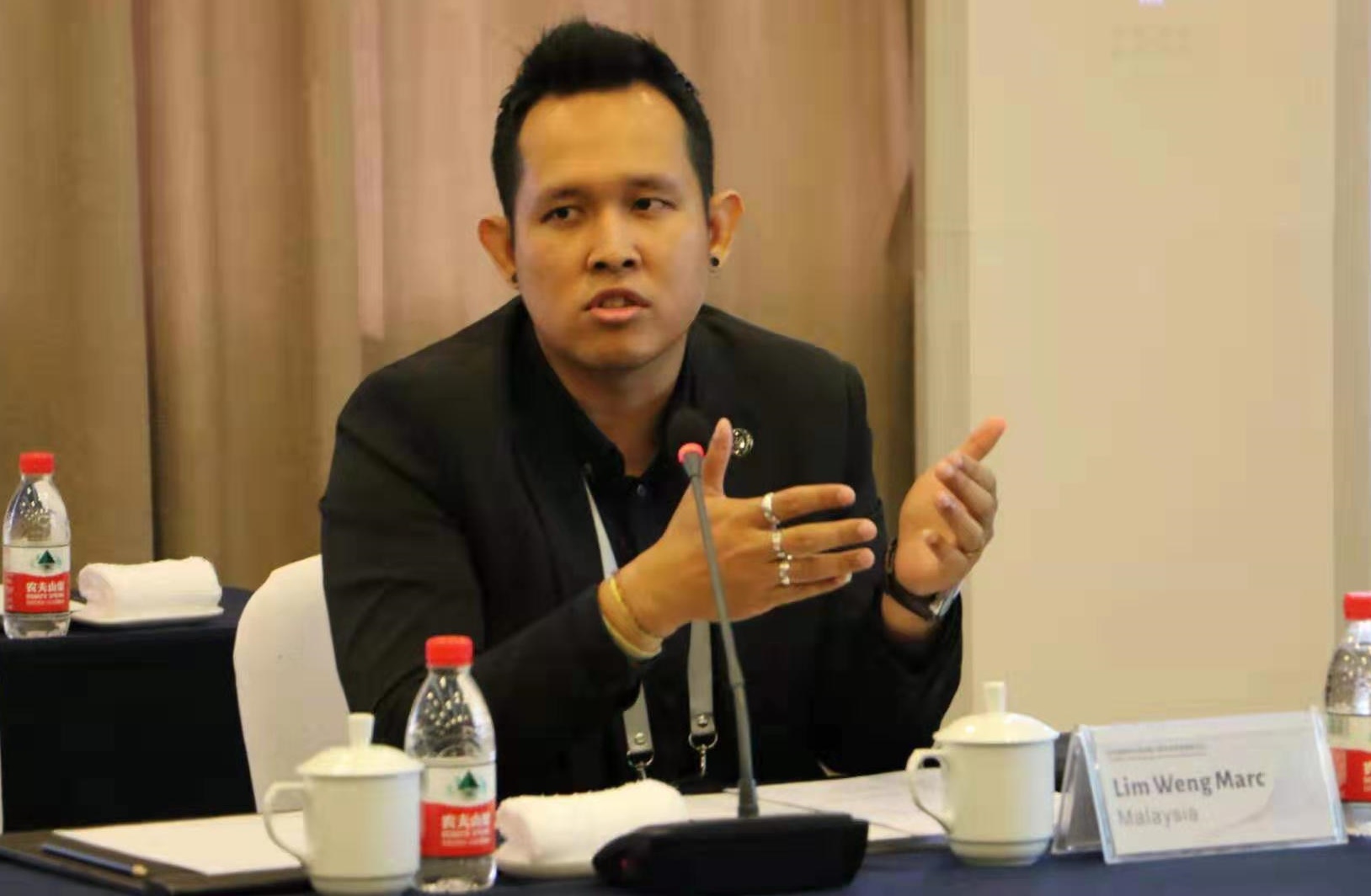KUCHING – Swinburne’s Head of School of Business Associate Professor Dr Lim Weng Marc was invited to speak at the 8th United Nations Educational, Scientific and Cultural Organization—Asian Programme of Educational Innovation for Development (UNESCO-APEID) meeting on entrepreneurship education in Hangzhou, China recently.
The meeting was attended by more than 200 representatives of educational institutions, government agencies, civil society, the private sector, and international and regional organisations from over 30 countries.
Dr Lim, who is from the Faculty of Business, Design and Arts, led the discussion on policy environment and entrepreneurial development. In the discussion, he highlighted the important role of forward-thinking policies in nurturing and empowering entrepreneurs, and intrapreneurs to succeed in the 4th Industrial Revolution (4IR).
“In developing countries, the primary barrier to socioeconomic growth is often not the scarcity of capital, labour or land, but the scarcity of entrepreneurial individuals who can bring these resources together and the markets and mechanisms that can facilitate them in this task,” said Dr Lim.
“The National Entrepreneurship Framework and National Entrepreneurship Policy 2030 that were recently launched by the Government of Malaysia are excellent examples of inclusive and visionary entrepreneurship policies that rightly position entrepreneurship as an integral part of the responses needed to meet the challenges of the human and machine interface in light of the 4IR.”
The deliberations at the meeting also led to the launch of The Hangzhou Declaration. The declaration recognises the importance of Resolutions 221 and 284 of the 71st United Nations General Assembly. It reaffirms that entrepreneurship and innovation are essential for every country to sustainably develop its socioeconomic potential and to advance the achievement of the United Nations 2030 Sustainable Development Goals.
The APEID is the first inter-country project in the world by UNESCO that focuses on educational innovation related to development needs, including the needs of educational development. It aims to promote awareness of the need for innovation in educational endeavours and the possibilities for change that such awareness offers.
Swinburne has an excellent reputation for producing graduates who are high in demand. Its Graduate Employability Rate is 92% where graduates gain employment within six months of completing their studies. At the business school, students can expect to develop and sharpen their entrepreneurial skills through the school’s authentic learning curriculums and capstone units. The school offers AACSB-accredited business degrees and entrepreneurship units that can be taken by both business and non-business students.
For more information about Swinburne, visit its website www.swinburne.edu.my, Facebook page (@swinburnesarawak), Instagram (@swinburnesarawak), Twitter page (@Swinburne_Swk) or YouTube channel (Swinburne Sarawak).


